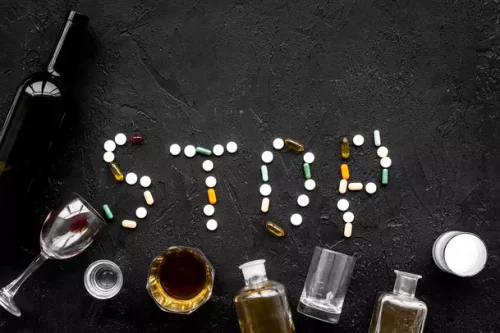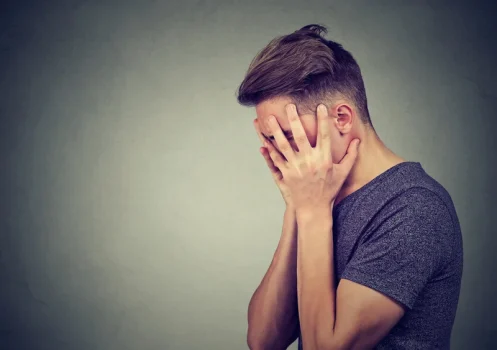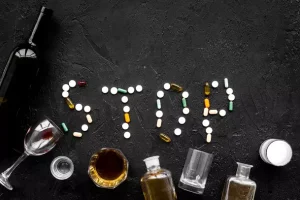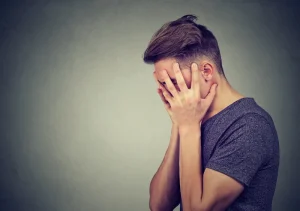
Alcohol acts as a diuretic, which means it increases urine production and can lead to fluid loss. This can result in a decrease in electrolyte levels, potentially leading to dehydration. When you consume alcoholic beverages, several factors contribute to this dehydration effect. First, alcohol is a diuretic, meaning it increases does alcohol dehydrate you urine production. This can lead to a higher frequency of urination and the loss of fluids from the body.

Recognizing Dehydration Symptoms

When it’s cold outside, we tend to feel less thirsty and may forget to drink enough fluids. To keep you healthy this winter, here are some symptoms to look out for and how to ensure you stay well-hydrated this winter season. The best way to avoid alcohol dehydration is to avoid consuming alcohol entirely. However, if you plan to partake in beer, wine or other alcoholic beverages, there are a few things that can be done to lessen dehydration’s toll on your body. After you take a sip of your alcoholic drink, immediately both the liquid and alcohol contents of the drink pass through your stomach lining and small intestine into the bloodstream. If you didn’t eat and drink on an empty stomach, alcohol could be absorbed quickly into the bloodstream within minutes.
Why Does Drinking Alcohol Cause Dehydration?
“It probably varies between individuals, and there are a multitude of factors which contribute, including age and underlying medical conditions,” Rieder says. Staying hydrated during the winter months may require more effort than in the summer when we naturally feel thirsty due to the heat. The unforgiving effects of sizzling summer temperatures can be amplified when you mix in a little too much alcohol. To better understand the risks, we spoke with registered dietitian Julia Zumpano, https://ecosoberhouse.com/ RD, LD. At Agape, we believe that every individual is worth living a joyous and rewarding life free from addiction.
- There are a few symptoms you may not automatically connect to dehydration.
- Alcohol is a diuretic because it suppresses the release of vasopressin, also known as antidiuretic hormone.
- In addition, cocktails with sugary mixers or caffeinated alcoholic beverages can amplify fluid loss and worsen alcohol-related dehydration.
- Moderating your intake of energy drinks and alcoholic beverages is an easy way to prevent dehydration.
- The unforgiving effects of sizzling summer temperatures can be amplified when you mix in a little too much alcohol.
- A great way to prevent dehydration from alcohol is to make mineral supplements a part of your daily routine.
Caffeinated drinks
Drink plenty of plain water, an electrolyte drink or sports drink, and eat water-rich, easily digestible foods. Drinking water while you’re still drunk isn’t going to prevent you from becoming dehydrated, but it may help lessen the degree to which you’re dehydrated. One glass of liquor drunk slowly over the course of an evening Oxford House will be less dehydrating than having several beers or glasses of wine during the same time frame. A diuretic is a substance that causes the body to produce more urine.
What To Do if You’re Dehydrated From Alcohol
- Furthermore, alcohol consumption can increase the frequency of urination, causing the body to lose more electrolytes.
- If we’re experiencing any of these after excessive alcohol consumption, we could have alcohol dehydration, which can result in serious health consequences.
- Using electrolytes while drinking alcohol may be especially beneficial for individuals with high blood pressure and other cardiovascular issues.
- Consuming foods with high water content, such as fruits and vegetables, can help counteract the dehydrating effects of alcohol.
- Understanding how consuming alcohol leads to increased urination requires an understanding of ADH.
When alcohol suppresses vasopressin, the body excretes more water through urine, leading to increased fluid loss and potential electrolyte imbalances. When you drink alcohol, you are adding fluid to your body, but the chemical properties of alcoholic drinks can have unintended effects on your body. Alcohol can trigger diuresis (increased urine output), leading to dehydration and other bodily imbalances, all of which can contribute to hangover symptoms. Electrolytes, such as sodium, potassium, and magnesium, play a crucial role in regulating fluid balance within the body. Alcohol acts as a diuretic, increasing urine production and potentially leading to dehydration and electrolyte imbalances. Incorporating strategies to replenish electrolytes, such as consuming electrolyte-rich foods or drinks, can help support optimal hydration when consuming alcohol.


To rehydrate your body after alcohol, it’s crucial to drink plenty of water and consider using an electrolyte powder to replenish electrolytes lost through increased urination. Taking electrolytes before drinking alcoholic drinks can prevent alcohol-related electrolyte depletion and dehydration. Between the annual interest in Dry January and the Surgeon General’s recent warning about the health dangers of drinking alcohol, there are a lot of people thinking critically about how they drink. Read on to find out how drinking — even occasionally and socially — affects your skin, and what you can do to minimize its impact. Given that alcohol content is usually higher in spirits (aka liquor) than your average beer, it seems logical to assume drinking beer instead of mixed drinks might help you avoid dehydration.
- Here’s what you need to know about how alcohol dehydrates the body and how to drink responsibly.
- While the amount of alcohol you consume is the main determinant of how dehydrated you’ll eventually become, you’re better off starting a drinking session well hydrated as opposed to already dehydrated.
- It’s worth noting that the alcohol content in a beverage can influence its dehydrating effects.
- You’ll be much less likely to experience dehydration if your body is already well-stocked with the nutrients it needs to fight back.